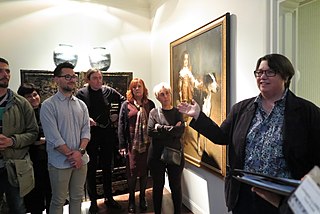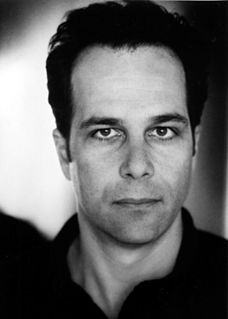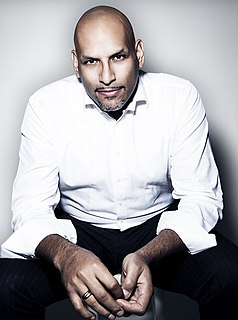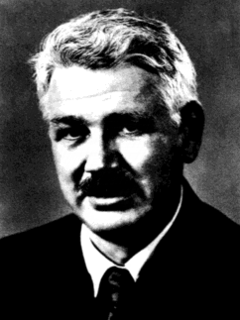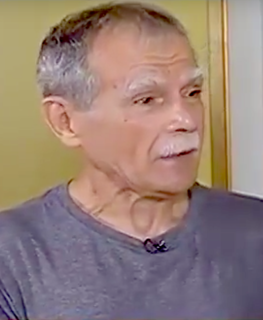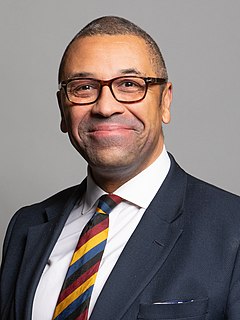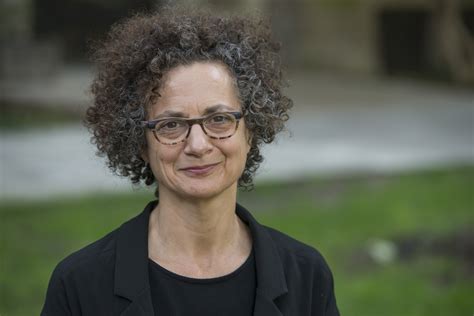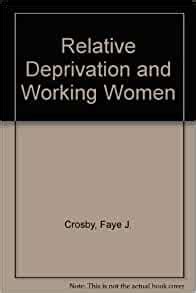Top 1200 Racial Identity Quotes & Sayings - Page 5
Explore popular Racial Identity quotes.
Last updated on November 15, 2024.
I've really come into my own as an artist. I'm much more sure of my identity and understand it much better, and have accepted the fact that I like to jump around a lot in terms of who I am and what kind of music I create, and that it is okay - in fact, that is my main identity, the fact that I do that.
Individuals who have been wronged by unlawful racial discrimination should be made whole; but under our Constitution there can be no such thing as either a creditor or a debtor race. That concept is alien to the Constitution's focus upon the individual. ...To pursue the concept of racial entitlement - even for the most admirable and benign of purposes - is to reinforce and preserve for future mischief the way of thinking that produced race slavery, race privilege and race hatred. In the eyes of government, we are just one race here. It is American.
As a woman who doesn't necessarily fit the beauty standard in Hollywood... I really related to the narrative of looking for something you felt comfortable in that would properly express your identity, especially when your identity didn't feel like it necessarily matched the one that was being imposed on you.
Environmental pollution, terrorism, and many other global threats do not stop at borders. We all bear global responsibility and thus need a global identity to enable us to cope with them. We must learn to integrate different levels of identity in ourselves. What matters is not either/or, but both/and.
I've spent my whole career trying to stay out of any box that anyone could put me in. 'I'm going to do a play now.' 'Now I'll do a musical.' That was my instinct. So I don't feel boxed in. But 'African-American woman' is part of my identity. I don't want to relinquish that - especially as a mother, helping my daughter find her identity.
In 1933-34, the Belgians conducted a census in order to issue ‘ethnic’ identity cards, which labelled every Rwandan as either Hutu (85%) of Tutsi (14%) or Twa (1%). The identity cards made it virtually impossible for Hutus to become Tutsis, and permitted the Belgians to perfect the administration of an apartheid system rooted in the myth of Tutsi superiority… Whatever Hutu and Tutsi identity may have stood for in the pre-colonial state no longer mattered; the Belgians had made ‘ethnicity’ the defining feature of Rwandan existence.
For the left-leaning, political identity is liable to be closely intertwined with personal identity. The left is collusive, if not presumptuous: should you get on well with leftists at a party, they will blithely assume that you share the same views on the invasion of Iraq, even if all you've talked about is the canapes.
...The Court ...[recognizes]...the persistence of racial inequality and a majority's acknowledgement of Congress's authority to act affirmatively, not only to end discrimination, but also to counteract discrimination's lingering effects. Those effects, reflective of a system of racial caste [legal segregation and discrimination] only recently ended, are evident in our work places, markets, and neighborhoods. Job applicants with identical resumes, qualifications, and interview styles still experience different receptions, depending on their race.
The self divided is precisely where the self is authentically located. . . We all have identity crises because a single identity is a delusion of the monotheistic mind. . . Authenticity is in the illusion, playing it, seeing through it from within as we play it, like an actor who sees through his mask and can only see in this way.
The Jews cannot be classed as a 'race' per se, they are an ethnic group. '...the Jews form an ethnic group; that like all ethnic groups they have their own racial elements distributed in their own proportions; like all or most ethnic groups they have their 'look,' a part of their cultural heritage that both preserves and expresses their cultural solidarity...they have developed a special racial sub-type and a special pattern of facial and bodily expression.
A new race-neutral language was developed for appealing to old racist sentiments, a language accompanied by a political movement that succeeded in putting the vast majority of backs back in their place. Proponents of racial hierarchy found they could install a new racial caste system without violating the law or the new limits of acceptable political discourse, by demanding 'law and order' rather than 'segregation forever'.
Give up the idea of being a person, that is all. You need not become what you are anyhow. There is the identity of what you are and there is the person superimposed on it. All you know is the person, the identity - which is not a person - you do not know, for you never doubted, never asked yourself the crucial question: 'Who am I?'
I believe, as a Puerto Rican, that the majority of Puerto Ricans want to be Puerto Ricans. Once we become annexed to the United States or by the United States, that we will lose our national identity. I can look at Hawaii as an example of people who lose, the Natives who lose their identity. I can look into the Native American reservations and see people who lose their national identity, their culture, their language, their land. And that's what's going to happen to Puerto Ricans here.
I received a phone call from my mother, and it was so complicated and involved, and it reminded me of just how it is in a family, and how it is in Mexico, and gossip, and all this stuff. And I thought, well, why can't a documentary be made about gossip? And in that way, I touch upon these other things - identity, cultural identity, and aesthetics.
It's like we're suffering from an identity crisis, and that identity is in our arts and the fact that we don't find it chief amongst our agendas to teach our kids who we are as a nation and the battles we've had on this ground and how they've been successfully resolved. We can't enjoy the fruits of the labor of our ancestors.
In Tar Baby, the classic concept of the individual with a solid, coherent identity is eschewed for a model of identity which sees the individual as a kaleidoscope of heterogeneous impulses and desires, constructed from multiple forms of interaction with the world as a play of difference that cannot be completely comprehended.
I'm so thankful because of my relationship with Jesus Christ and being adopted in the family of God that I don't have to live the highs and the lows and the roller coaster that the rest of the world lives, because I know where my identity lies. My identity lies as a child of God, and that's something that will never be shaken.
I made a vow that I wouldn't be tempted by what could happen to me if I went to Europe. I thought, 'You could be absorbed in it - it's so seductive, you might lose your own search for identity.' Then, when I did finally go to Europe, I was able to resist it because I had established my own identity.
You're going to have a racial explosion, and a racial explosion is more dangerous than an atomic explosion. It's going to explode because black people are dissatisfied; they're dissatisfied not only with the white man, but they're dissatisfied with these Negroes who have been sitting around here posing as leaders and spokesmen for black people and actually making the problem worse instead of making the problem better.
One of the things that we've got to understand... is that politics of identity has never gone away. And where people have had a strong identity, geographically, culturally, in terms of their employment... if that's gone and not being replaced by something else, then I think the right-of-centre's got to wake up to that.
Because so many poets have chosen a political idiom right now in the US and so many poets have assigned value and inherent knowledge to their racial identity and used that as a form of argumentation, I'm thinking now's a good time to buy low for my own poems and write poems that are deeply in the interior and the psyche. There are plenty of people out there working on subjects of political poetry, partisan poetry, all the way through to crossing the threshold of propaganda. I start thinking now's a good time for me to start writing about the myths of my own psyche.
I've realized that a lot of people come to me because of what's called identity. In the sense of "he's like me" - more like identification. Identity is one of those nonsense words: it's been used so much it doesn't mean anything. As individuals, we don't want to stay the same; identity means sameness, and we don't want to be the same, we want to keep changing, we want to grow, we want to become something else. We want to evolve. So when people come to me, it's about resonance - it goes back to that word.
Identity is marketed in national capitalism as a property. It is something you can purchase, or purchase a relation to. Or it is something you already own that you can express: my masculinity, my queerness . But identity need not be simply a caption for an image of an unchangeable concrete self. It is also a theory of the future, of history.





